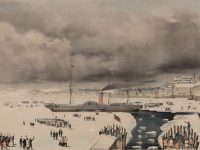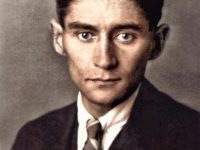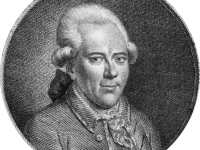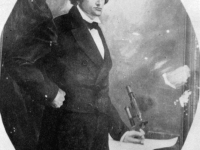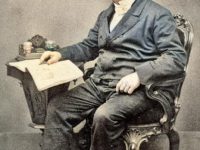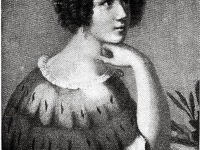The RMS Britannia and the Transatlantic Postal Service
On July 4, 1840, the RMS Britannia started her maiden voyage to Halifax, Nova Scotia from Liverpool, England. With the ocean liner of the British and North American Royal Mail Steam Packet Company, later known as Cunard Steamship Company, the first regularly operating transatlantic postal service between Europe and America was established. The Ancient Roman Postal Service Today, oversea’s communication is no problem at all. No matter via phone, skype, or email,…
Read more

